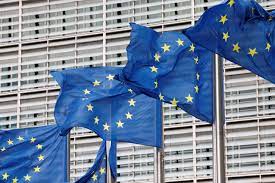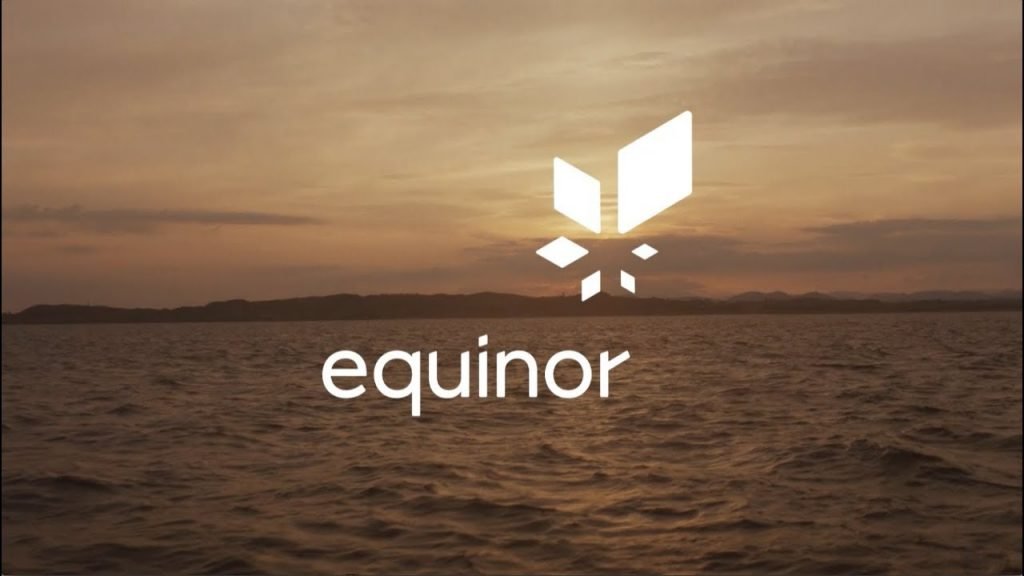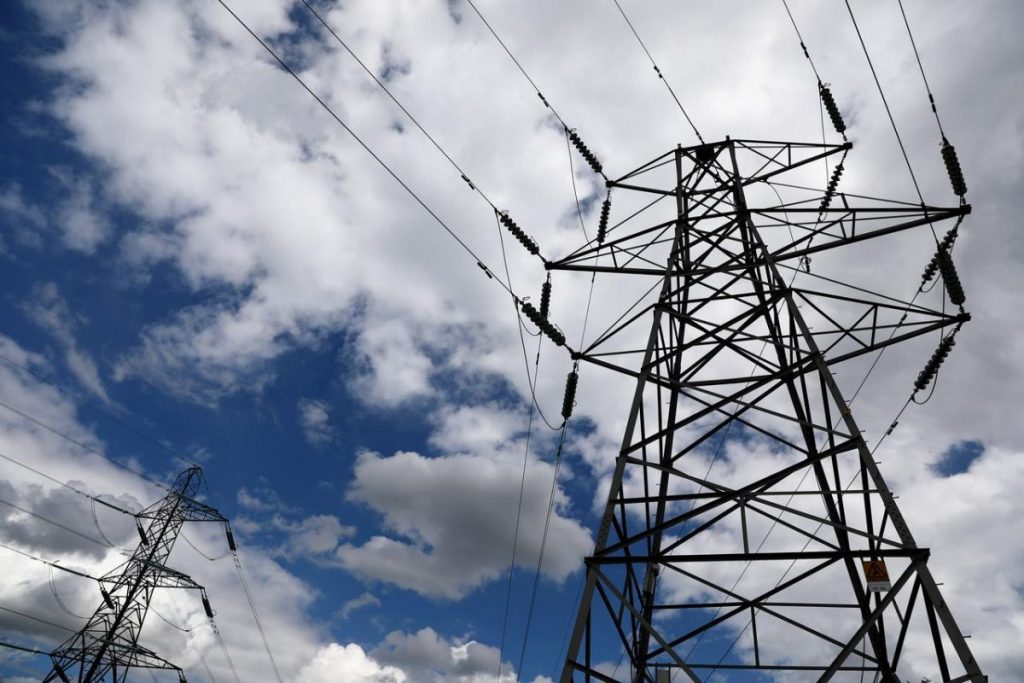
Brussels — European Union countries are set to finalise a new renewable energy target to get 42.5% of the bloc’s energy from renewable sources by 2030, a final version of the law showed.
The EU and its member states are pushing hard to decarbonise their economies to tackle climate change and shore up security of supply by developing a European green industry to avoid dependence on energy from any one country such as Russia.
The final law, which diplomats from EU countries will review on Wednesday, confirms a political deal reached with the European Parliament at the end of March.
The final text still needs formal approval from EU countries and the European Parliament – a step that is usually a formality that approves the deal with no changes.
The EU’s existing target is to have a 32% share of renewable energy by 2030. The new law sets a binding new goal of 42.5% and says member states should aim for 45%.
In the transport sector, the law would require member states to reach at least a 29% share of renewables or cut the greenhouse gas intensity of their transport sector by least 13%.
For industry, EU states will need to increase renewable energy use by 1.6% a year. By 2030, 42% of the hydrogen used in industrial processes must be derived from renewable energy, rising to 60% by 2035.
Talks were tense after a French push to allow hydrogen produced by nuclear to be included.
In the final version, the EU agreed that countries can cut their renewable fuel targets for industry by 20%, if less than 23% of their hydrogen is produced using fossil fuels in 2030 – a move that gives a boost to countries using nuclear energy to push out fossil fuels from their energy mix.
*Julia Payne; Editing: Angus MacSwan – Reuters
Follow us on twitter



